How to Share A DIAGNOSIs WITH AN
Autistic Child, PEERS & Siblings
Learn How to Share Autism Diagnosis Today!
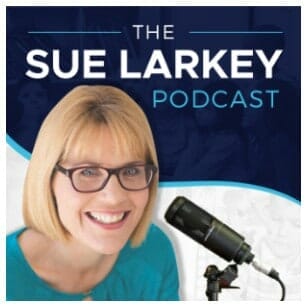
**************************************
Join me for an upcoming Workshop:
Can't make these Workshop dates? Join me for a self-paced on-demand course:
Sue Larkey On-Demand Workshops
**************************************
Guest Anna Tullemans shares her lived experience as a parent about discussing diagnosis (Part 2)
Discussed in this Episode:
✅ Why do I need to tell my child? Why do they need to know?
✅ Where to start
✅ Steps for sharing diagnosis
✅ Why you shouldn’t hide your child’s diagnosis from them
✅ Why share with their peers and siblings
✅ 8 Ways to be a friend to someone with ASD – Poster to download and put in playground
✅ FREE Book by Anna Tullemans, ‘Disclosing Diagnosis’ with first 100 orders of books she has Authored (Value $25)
Learn How to Share Autism Diagnosis Today!
4 Steps to Discussing the Diagnosis with a Child
HOW BOOKS HELP WHEN SHARING DIAGNOSIS
Books about diagnosis allow them to read and absorb in their own time. Use them to then have conversations. Picture Books
and Lived Experience were most useful for Daniel but also family and friends. Leaving them on coffee tables was a great way to
start conversations and Share Autism Diagnosis!
8 Ways to Be friend to someone with ASD
First 100 people who buys an Anna Tullemans’ or Sue Larkey & Anna Tullemans’ book get, ‘Disclosing the Diagnosis,’ for free
Books by Anna Tullemans and Sue Larkey:
Enjoyed How to Share Autism Diagnosis? Check out my Podcasts where I Interviewed Anna:
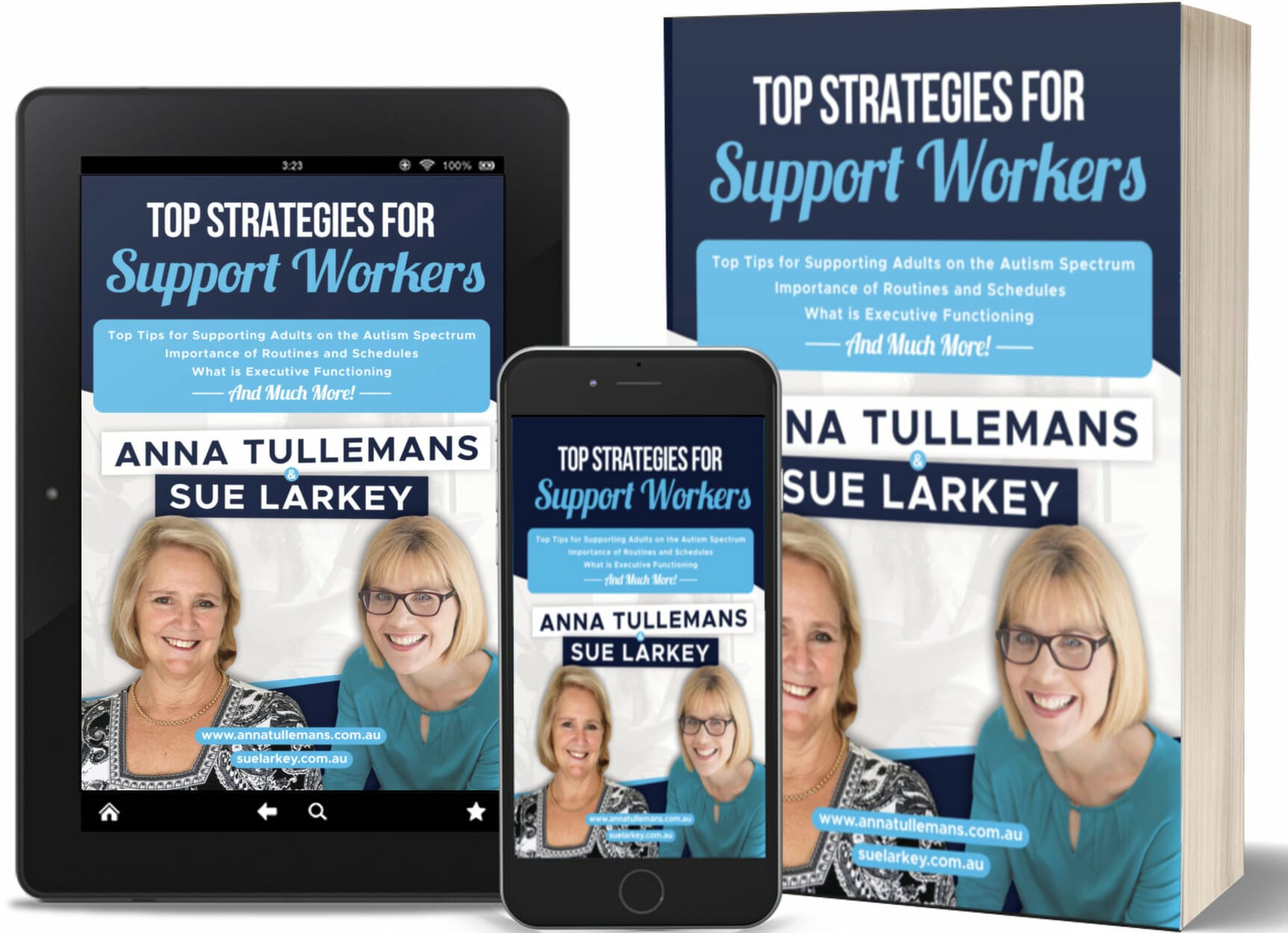
Episode 133: Strategies for Support Workers – Sue Larkey & Anna Tullemans
✅ Why we have written this new book for Support Workers, Participants, and their Families/Carers
❤️ The changes we have seen in Disabilities Services and Autism Spectrum. From Institutions to Individualised Programmes – From Autism being considered part of Schizophrenia to having separate diagnosis in DSM 3 in the 1980s to today where we use the term Autism Spectrum Disorders.
⭐️ Why Switching Tasks can be Challenging and what you can do Support Participants
📌 Adaptive Skills – Why they are important for Capacity Building and Independence
⭐️ Importance of Self Advocacy and using the “This is Me” Proforma in the new book
✅ How Building Independence & Participant Participation underpins our New Book
Developing Social Skills to Support Neurodiverse Children
(AS, PDA, ODD, ADHD, etc)
✅ What, How & When to teach Social Skills
✅ Myths & Misunderstanding
✅ How to Make and Keep Friends
✅ Impact of Executive functioning
✅ 4 Steps to Create Social Skills Program
✅ Lived Experience of Social Learning
✅ Creating Inclusive Playground
AVAILABLE and ON SALE Now
 3 Hours
3 Hours
 Certificate
Certificate
$149
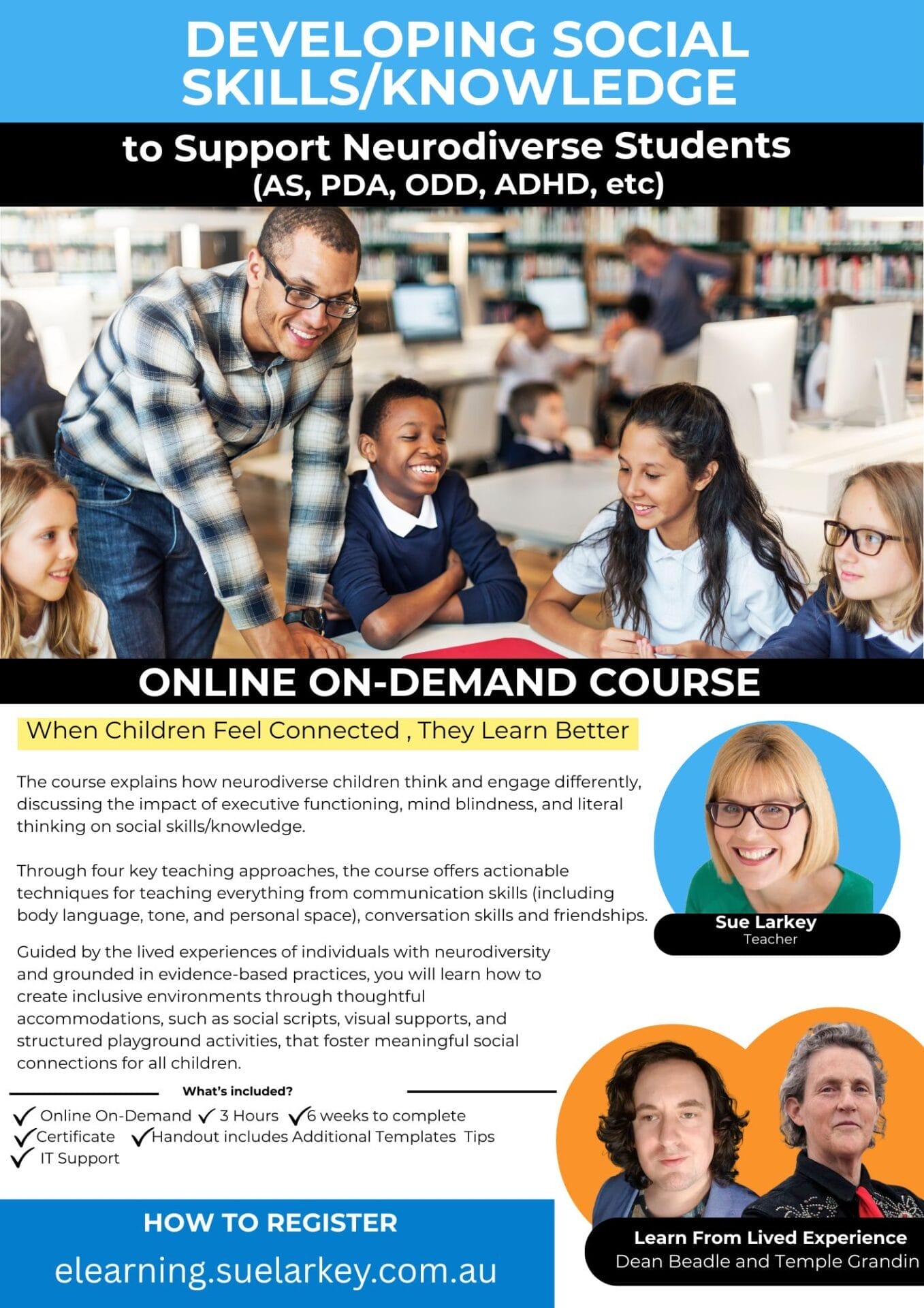
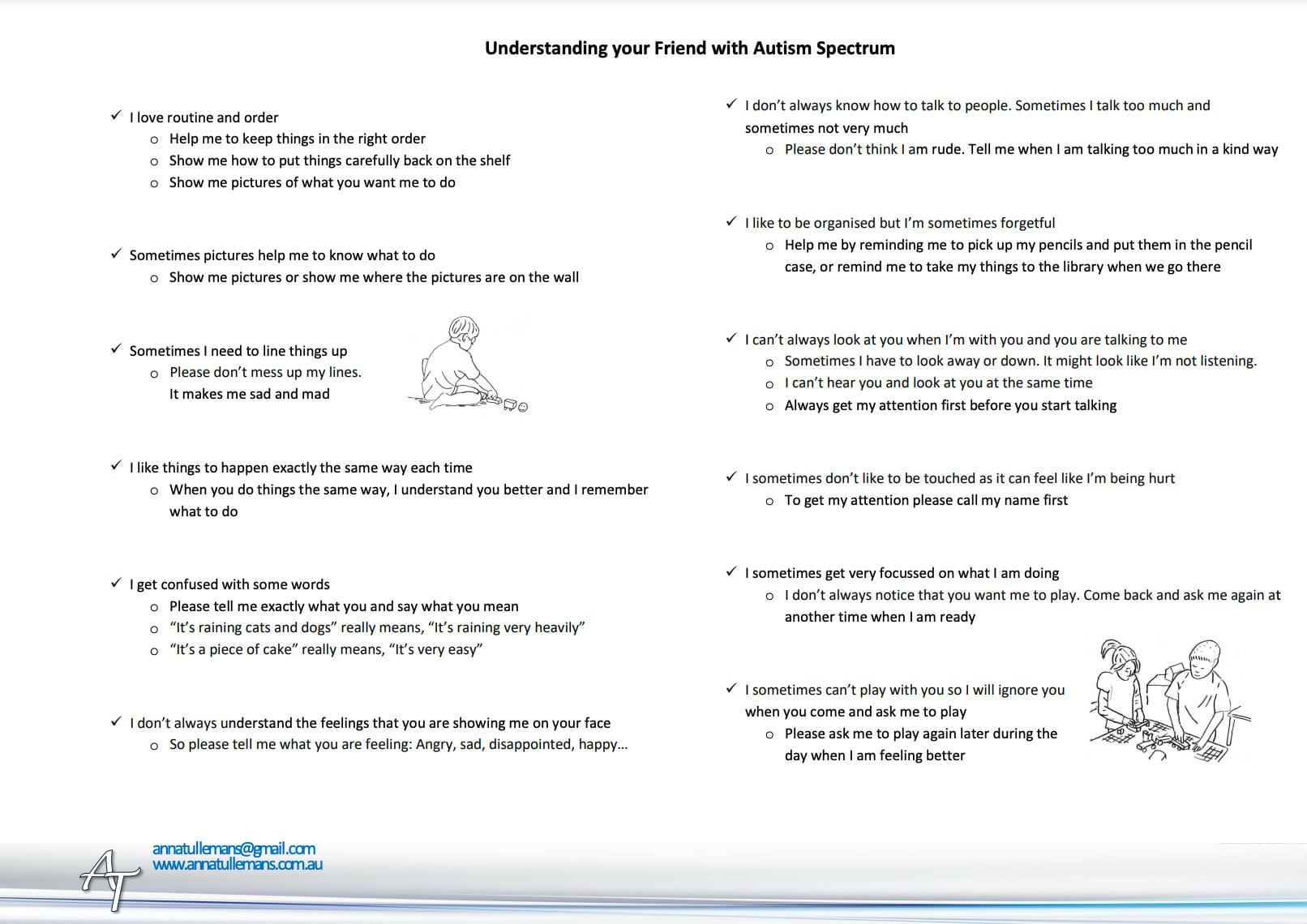
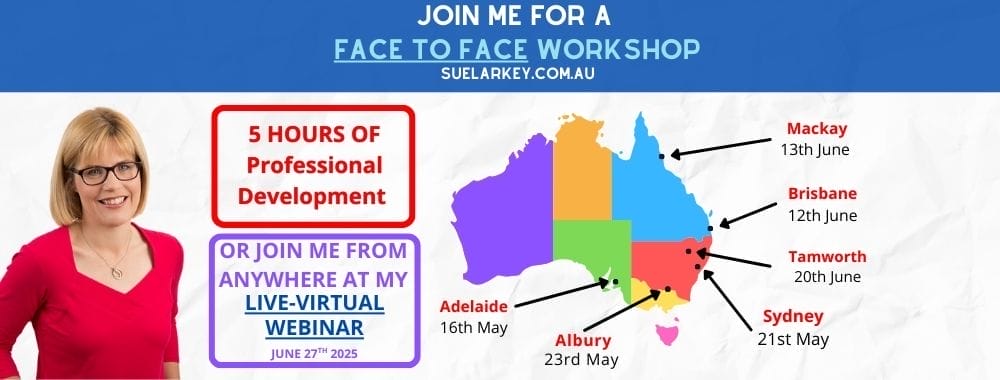


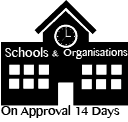
 Sorry we no longer ship items outside Australia. Please consider the digital versions of Sue’s Books –
Sorry we no longer ship items outside Australia. Please consider the digital versions of Sue’s Books – 